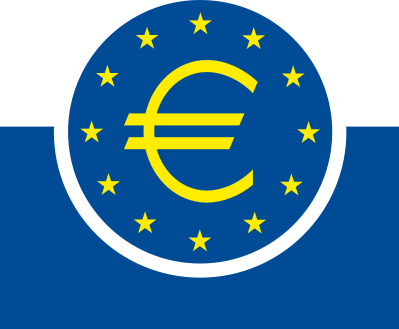Germany economy faces tough winter as global growth slumps
 Frankfurt - The German economy faces a tough winter, the country's influential central bank said Monday, as economic confidence dwindles, consumers grow reluctant to spend and exports fall.
Frankfurt - The German economy faces a tough winter, the country's influential central bank said Monday, as economic confidence dwindles, consumers grow reluctant to spend and exports fall.
The Bundesbank said in its monthly bulletin there had been "a marked worsening" of the circumstances surrounding Europe's biggest economy with the report adding to the pressure on the European Central Bank to continue cutting interest rates.
Writing in its report, the Bundesbank warned that the global economic downturn combined with the falls on world stock markets would result in ""negative confidence and wealth effects."
"Given increasing uncertainty about the future income situation, caution is likely to return as the key consideration," said the bank.
This means that private consumption was unlikely to be a key driver of growth, the Bundesbank said with the bank also expecting a rise in the country's savings ratio.
Moreover, with Germany the world leading export nation, the country's economic growth is vulnerable to a slumping global economy.
This is despite the recent fall in the euro as well the drop in oil prices and the consequent easing of inflationary pressures.
However, the Bundesbank argued that Germany has so far managed to escape the worst of the credit crunch, which has been a key factor in driving the world economy into a downturn.
In its monthly report, the bank wrote that there was no evidence of restrictive credit markets during the third quarter.
Nevertheless, the monthly report confirmed the bank's prediction made earlier this month that the German economy will contract by 0.8 per cent in 2009.
In addition, the country is likely to clock up its third consecutive quarter of negative growth in the three months to the end of December this year.
This would mean a very difficult start to the new year, the Bundesbank argued.
German economic growth is unlikely to pick up again until 2010 when the Bundesbank forecast the nation's economy could expand by 1.2 per cent. (dpa)